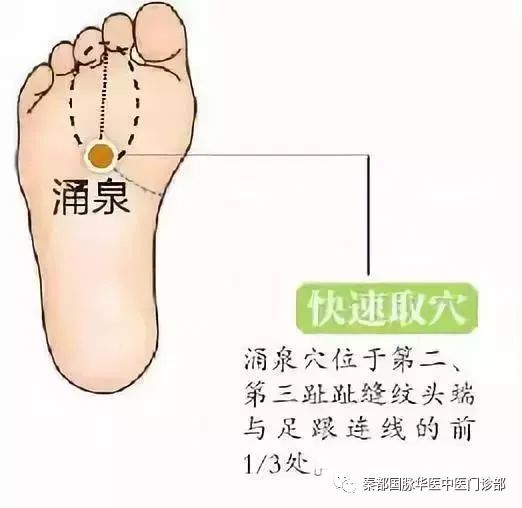
Qi deficiency (气虚) is a term in Traditional Chinese Medicine (TCM) that refers to pathological changes and symptoms arising from insufficient vital energy (元气). The causes of Qi deficiency in individuals are often related to congenital insufficiency, malnutrition, and excessive fatigue.

What are the symptoms of Qi deficiency?
1. Pale complexion
Individuals with Qi deficiency often have a pale complexion that lacks luster. They may develop light-colored spots on the face, which can appear in patches, commonly around the forehead and lips. They tend to sweat easily with minimal exertion and may experience shortness of breath.
2. Easy fatigue
Even after a good night’s rest, individuals with Qi deficiency may feel heavy-headed and light-footed during the day, often experiencing dizziness. They may feel unusually fatigued within three hours after work. Typically, those with Qi deficiency are not very talkative and often lean against something when standing or sitting.
3. Prone to colds
People with Qi deficiency are often sensitive to cold. A slight chill can lead to sneezing and make them very susceptible to colds, especially in children with weakened immune systems, who may experience frequent colds.
4. Abdominal bloating
After eating, individuals with Qi deficiency may experience abdominal bloating due to the spleen’s inability to properly transform and transport food, leading to food stagnation in the body.
5. Shortness of breath
Patients with Qi deficiency may exhibit symptoms of shortness of breath. They may find themselves out of breath after walking just a few steps or may experience rapid breathing episodes, feeling their heart rate increase even without heart disease.
6. Low voice
Individuals with a loud voice typically have sufficient Qi, while those with a low, weak voice or who become breathless while speaking may be exhibiting symptoms of Qi deficiency.
Individuals with Qi deficiency can benefit from moxibustion at the following acupuncture points:
1. Yongquan (涌泉) Point

Located at the sole of the foot, it is the most concave point when the toes are curled. Yongquan is a major longevity point that strengthens kidney essence, enhances hearing and vision, and invigorates energy.
2. Zusanli (足三里) Point

Located on the outer side of the lower leg, 3 inches below the knee cap, and 1 finger breadth lateral to the anterior crest of the tibia, on the line connecting the knee cap and the lateral side of the ankle. Zusanli is a major health point that strengthens the spleen and stomach, nourishes the earth element, supplements postnatal Qi, and expels pathogenic factors. It can regulate the immune system and enhance disease resistance.
Individuals with Qi deficiency should maintain a balanced diet, eat meals on time, and avoid snacks. It is advisable to refrain from consuming overly sweet, salty, or fatty foods before meals. Engaging in outdoor activities when possible can help alleviate symptoms of Qi deficiency.

